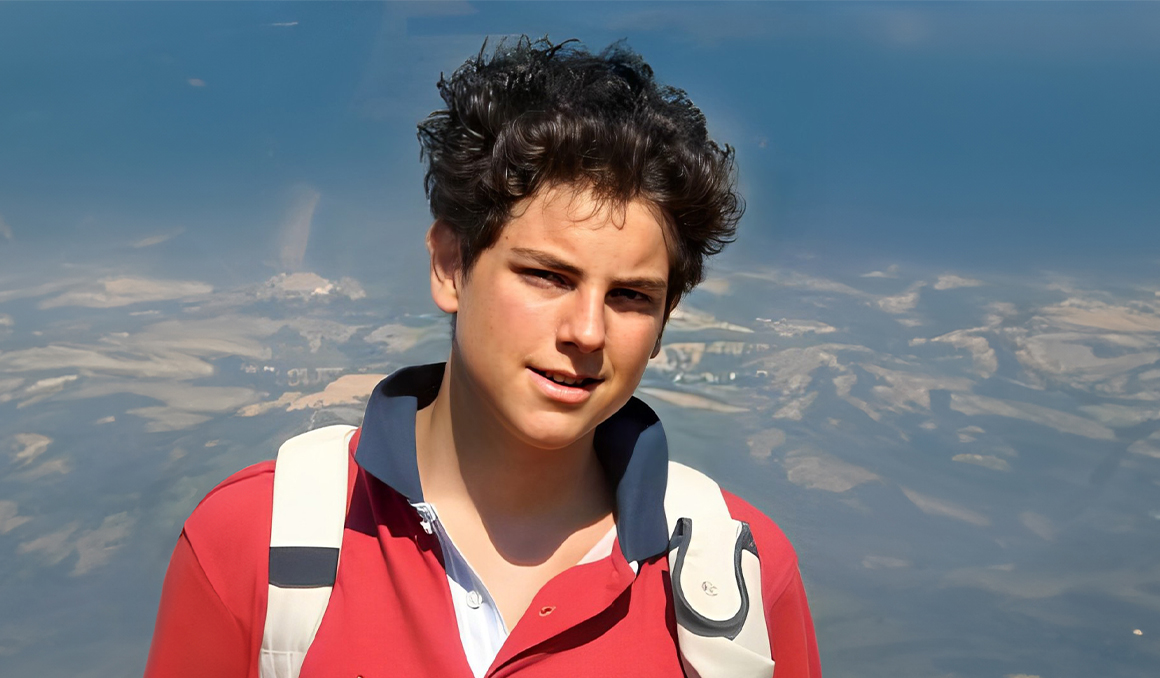by Theresa Cavicchio, OFS
If the challenge of living a virtuous life appears an ever-mounting uphill climb, given the state of our world, we are not alone in the struggle. This overview suggests an intercessor who may appear unlikely at first but truly understands modern challenges to a good life.
Perhaps it’s best, though, to begin at the beginning, as the saying goes, and explore the basic question: what exactly is virtue?
Turning to the Catechism of the Catholic Church, we find a clarifying definition. “A virtue is an habitual and firm disposition to do the good. It allows the person not only to perform good acts, but to give the best of himself” (1803).
Our goal is twofold: to envision virtue as the foundation of one particular life, personifying those specific “disposition[s] to do the good” known as the cardinal virtues; and to discover therein examples for our own lives.
The Catechism defines these: “Four virtues play a pivotal role and accordingly are called ‘cardinal’; all the others are grouped around them. They are prudence, justice, fortitude, and temperance” (1805).
The life to which we look for examples of these is that of Blessed Carlo Acutis (1991 – 2006). He gained worldwide renown as the tech whiz teen who designed a website – later a traveling exhibit – displaying the numerous Eucharistic miracles he had researched. This was a stunning achievement for one so young. For our purposes, though, we will focus not so much on such stellar accomplishments but on the cardinal virtues as manifested in his brief, but intensely devout, everyday life.
Prudence: “practical reason to discern our true good in every circumstance and to choose the right means of achieving it … it is prudence that immediately guides the judgment of conscience” (1806).
Father Mike Schmitz interprets prudence as “doing the right thing at the right time in the right way.”
It was prudence that spurred Carlo to embrace the practice of his faith with enthusiasm. He came to a tender love for Jesus while quite young, at the age of four. As he grew, “doing the right thing at the right time in the right way” translated to attending daily Mass and Eucharistic Adoration, witnessing to the faith, and fostering the practice of the other cardinal virtues.
Justice: “the constant and firm will to give their due to God and neighbor … to establish in human relationships the harmony that promotes equity with regard to persons and to the common good” (1807).
For Carlo, “doing the right thing” often meant engaging in outreach toward society’s marginalized. Those he encountered who were homeless, poor, immigrants – regardless of age or faith – became beneficiaries of his generosity – hot meals from his own kitchen, sleeping bags purchased from his allowance, or just a smile and a few minutes’ conversation. Free time might be spent helping out at a soup kitchen. With a wisdom beyond his years, Carlo understood that serving the less fortunate was in the end serving God, giving both their due.
Fortitude: “firmness in difficulties and constancy in the pursuit of the good. It strengthens the resolve to resist temptations and to overcome obstacles in the moral life” (1808).
Fortitude, explains Father Mike Schmitz, is the cardinal virtue required by the other three at the moment of testing.
At his Beatification Mass, Carlo was recognized for his fortitude in living the Gospel, even if it meant bucking popular opinion in such matters as the sanctity of life and premarital chastity. In his stands on moral dilemmas, Carlo was ahead of his time and fearless. Leaving himself open to derision, he championed the cause of classmates being bullied or made fun of. And his courage and serenity in his final hours of life stand out as a model of fortitude far beyond his years.
Temperance: “moderates the attraction of pleasures and provides balance in the use of created goods. It ensures the will’s mastery over instincts and keeps desires within the limits of what is honorable” (1809).
Although he pursued his own path single-mindedly, in many ways, Carlo was much like his peers, enjoying his pets, music, favorite foods, sports, and video games. At times, though, he set self-imposed limits on these – forgoing snacks as offerings for the souls in purgatory, for example. His mother reports that he restricted his video game play to only one hour per week. When she wanted to buy him two new pairs of sneakers, he insisted on only one; the remaining money could be given to the poor.
Much like Francis of Assisi, a saint beloved by Carlo, his ways of thinking and acting, especially toward the poor and marginalized, were counter-cultural and often unpopular. His affinity for Francis and for the city of Assisi was so strong that he requested burial there as his time on earth neared its end.
In Blessed Carlo Acutis, people of all ages find a model for living the virtuous life, and we ask his intercession to help us achieve this goal in our lives as he did in his own. We lift our hearts to God also in anticipation of the day when his name will be listed among the canonized saints in heaven.
O God our Father,
we thank you for giving us Carlo,
a model of life for young people,
and a message of love for all.
You made him fall in love with your son Jesus,
making the Eucharist his “highway to heaven.”
You gave him Mary as a beloved mother,
and you made him, through the Rosary,
a cantor of her tenderness.
Receive his prayer for us.
Look above all upon the poor, whom he loved and assisted.
Grant me too, through his intercession, the grace
that I need (mention your intention).
And make our joy full, raising Carlo among
the saints of your Church,
so that his smile shines again for us
to the glory of your name. Amen.










